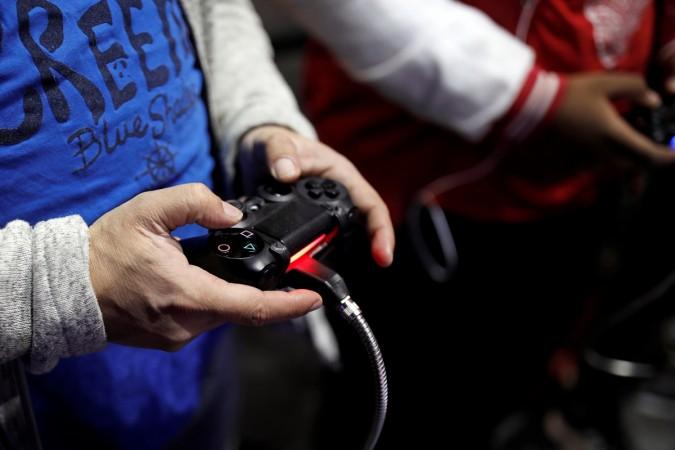
We all love playing video games and especially if you are a teenager, you probably spend hours sitting in front of screens playing what parents call "digital heroin". Well, we have a sad news for gaming fans.
The World Health Organization is set to announce "gaming disorder" as a new mental health condition and they will include it in the 11th edition of its International Classification of Diseases (ICD).
While, not all psychologists agree to the decision of including gaming disorder in ICD, Dr Vladimir Poznyak, a member of WHO's Department of Mental Health and Substance Abuse, said this will help health professionals and systems to be aware of the situation and increase the chances for patients to receive proper treatment.
"One is that the gaming behaviour takes precedence over other activities to the extent that other activities are taken to the periphery," Poznyak told CNN.
According to him, the second feature is impaired control of such behaviours even when "negative consequences occur".
The third feature is that the condition leads to significant distress in the personal family, social, educational functioning. Disturbed sleep patterns, diet problems, deficiency in the physical activity can become prominent in patients.
Diagnosis
However, don't drag your child to the doctor the moment he plays games. Poznyak says that the negative pattern of behaviour must last for at least 12 months for making any kind of diagnosis. However, he warns of exceptions.
The doctor also said that the fact the gaming disorder is a clinical condition, clinical diagnosis can be made only by health professionals, who are properly trained.
Cure
Cognitive behavioural therapy can help a patient suffering from gaming disorder. However, different types of support like psychosocial interventions: social support, understanding of the conditions, family support may also prove beneficial.
Hilarie Cash, who is the co-founder of one of the first inpatient treatment programs for video game addiction in the United States, fully support this move.
"I've been surprised it's taken so long for everybody to catch up to the fact. But I also understand that they need to have strong, research-based evidence before they bring on a new disorder...I think it's a game-changer, although how quickly the game will change, I don't know," she said, as reported by the website.
How serious is the problem
Last year, researchers from the University of Oxford's Internet Institute did a study to find out the percentage of gamers who are addicted to playing video games and the results were shocking.
The study found that 2-3 percent of the 19,000 men and women who participated from the UK, the US, Canada, and Germany said that they have five or more of the symptoms from the checklist of health symptoms of American Psychiatric Association.
The results were published in the American Journal of Psychiatry.














